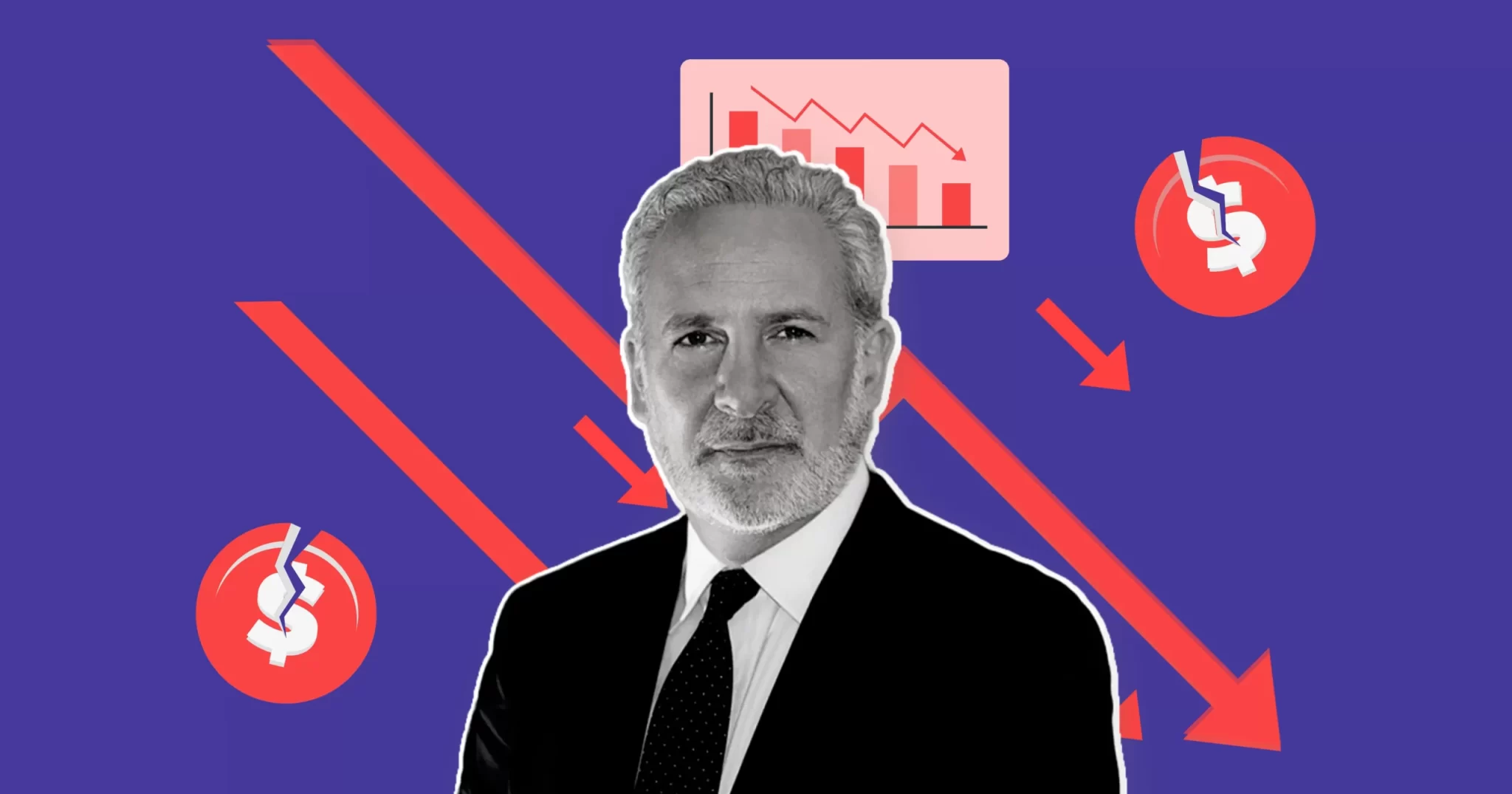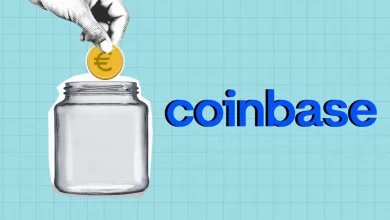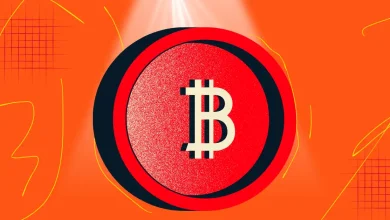
In a recent commentary, Peter Schiff, a well-known critic of Bitcoin, expressed his skepticism about the notion of the cryptocurrency being included as part of the United States’ strategic reserve. Schiff argues that this approach might be ineffective and could pose challenges due to Bitcoin’s notorious volatility and its potential repercussions on market stability.
Schiff’s Opposition to U.S. Holding Bitcoin
The debate was sparked when Tom Lee from Fundstrat suggested on CNBC’s “Squawk Box” that Bitcoin could play a role in addressing the U.S. budget deficit. Lee proposed that while traditional methods such as tax cuts and spending adjustments might not be sufficient, Bitcoin could act as a hedge. He stated that an increase in Bitcoin’s value could potentially counterbalance liabilities linked to the deficit.
Lee’s idea sparked controversy, particularly with Schiff, who took to social media to express his disapproval. He highlighted that if Bitcoin were to be added to the list of reserve assets, it could theoretically help mitigate some of the nation’s staggering $36 trillion debt due to its potential for value appreciation. However, Schiff firmly believes that such a strategy is fraught with risks.
Criticizing the Strategy as Ridiculous
Schiff dismissed the proposal as “ridiculous,” emphasizing that a substantial Bitcoin reserve would be problematic as a reserve asset. He pointed out that any significant attempt by the government to sell its Bitcoin holdings could precipitate a market crash, thus nullifying the reserve’s effectiveness. Such a scenario, according to Schiff, would go against the fundamental purpose of a strategic asset, which is to provide stability and bolster fiscal resilience.
He further argued that Bitcoin’s volatility and lack of liquidity render it unsuitable as a serious reserve asset and cautioned against what he perceives as unwarranted optimism about its potential use by governments. Schiff’s skepticism extends beyond Bitcoin, as he also criticized the current wave of consumer optimism, which he attributes to what he calls “misplaced confidence in a Trump-inspired economic boom.”
In his continued critique, Schiff noted that while consumer confidence might rise for a short period, the underlying economic challenges that supporters hoped former President Trump would resolve may actually worsen. His posts reflect a broader disapproval of policies and economic strategies he views as unsustainable.





